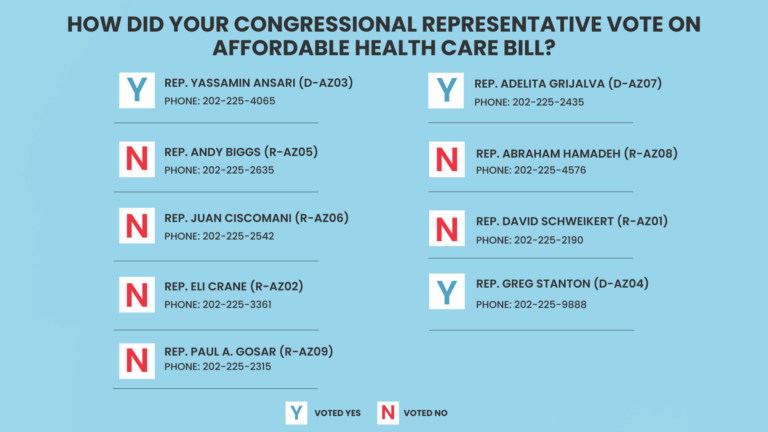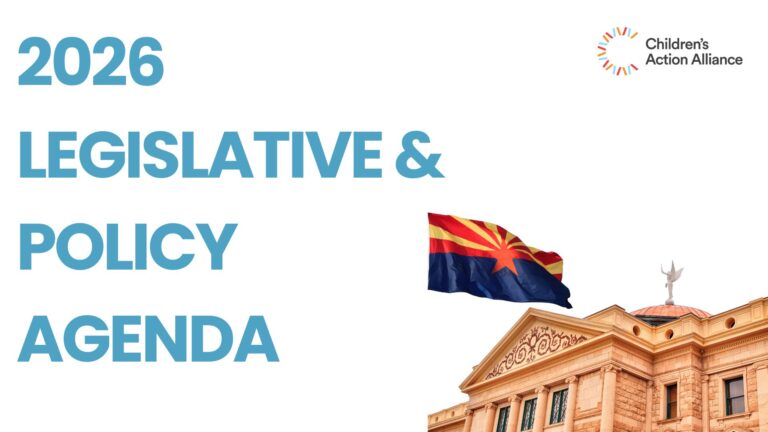
Urging lawmakers for safety at and access to the state Capitol in 2021
As we find ourselves barreling toward 2021, the COVID-19 pandemic continues to infect individuals, claim lives, and devastate communities. Despite this, our state's leaders have yet to take meaningful steps to curb the spread of the virus – let alone to ensure safety and transparency in the coming legislative session.
Last week, CAA and the AZ Center delivered a letter to lawmakers urging them to adopt common-sense safety protocols in advance of opening day at the Capitol. Over 50 health and human service organizations, faith groups, trade associations, and community advocates joined us in making this urgent request. We asked the legislature to:
1) Mandate masks for everyone at all meetings, hearings, and other gatherings at the State Capitol, and adequately enforce this mandate.
2) Allow for remote and widely accessible opportunities for engagement in public hearings including taking immediate steps to allow for video/teleconference participation and testimony. Provide a phone-in option for people with inadequate internet access.
3) Ensure that hearings are accessible to those who speak other languages, the deaf, and to those who are hard of hearing. The legislature should ensure that American Sign Language (ASL), language interpretation, and/or closed captioning services are available during all teleconference meetings, and transcripts should be made available as soon as possible after a hearing or meeting.
4) Revamp the Request to Speak system. At present, a person can create an account from anywhere – but that account can’t be used to weigh in on a bill until the login information has been “activated” from a computer station at the State Capitol. This makes even remote participation inaccessible for rural Arizonans, people without access to transportation, working individuals, or people at high risk of COVID-19.
5) The legislature should allow for pre-recorded video to be viewed, written testimony to be viewed or read aloud during any hearing. Similarly, remote voting options should be provided for the safety of lawmakers, and votes cast remotely should be made clear and visible to the public.
6) Adhere to public health guidelines related to appropriate ventilation, choice of venue, and audience size to facilitate safe in-person participation.
Truth be told, this effort is long overdue. Though the novel coronavirus pandemic has brought these concerns to the front of our mind, our state legislative process has been inaccessible to too many, for too long. This is an opportunity to make changes now that will bring about long-term improved accessibility to our elected lawmakers and the legislative process.
You can help support this effort. Click here to access our letter, and take a moment to send a note to your state lawmakers reinforcing these concerns. Not sure who your lawmakers are? Click here to find out.



